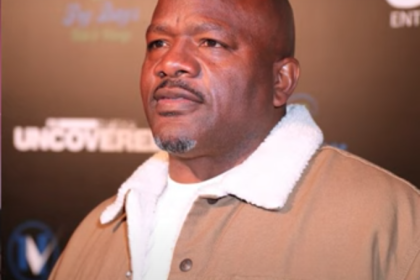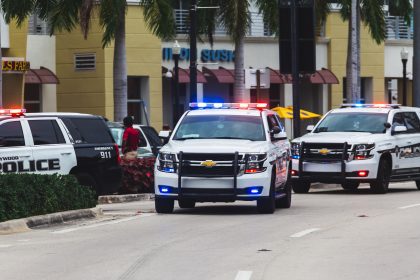Derek Chauvin, the former Minneapolis police officer convicted of murdering George Floyd in 2020, is expected to survive the stab wounds he suffered in a Tucson, Ariz., prison last week. But that hardly soothed his attorney, who is livid about the “lack of communication” he has had with his client and lambasted the prison as “indicative of a poorly run facility, [that] indicates how Derek’s assault was allowed to happen.”
Gregory Erickson, Chauvin’s attorney, blasted officials at the Federal Corrections Institute, Tucson, for keeping him and Chauvin’s family in the dark about the severe wounds the former officer suffered. Word of the attack leaked out through sources speaking on condition of anonymity. The only official word on Chauvin’s prognosis came from the Minnesota attorney general’s office.
The prosecutors’ spokesperson, Brian Evans, said, “We have heard that he is expected to survive.”
The attorney general, Keith Ellison, later added, “I am sad to hear that Derek Chauvin was the target of violence. He was duly convicted of his crimes and, like any incarcerated individual, he should be able to serve his sentence without fear of retaliation or violence.”
Those bits of confirmation are more than Chauvin’s family members say they have received from the Bureau of Prisons. They and Chauvin’s attorneys have been rebuffed in their repeated efforts to get any information about the attack from the prison, so they’ve had to assume that he’s been in stable condition based only on news accounts. Even his mother, Carolyn Pawlenty, has said the prison has her phone number as an emergency contact but never called.
“As an outsider, I view this lack of communication with his attorneys and family members as completely outrageous,” Erickson said in a statement to the Associated Press.
Chauvin, 47, is concurrently serving a 21-year federal sentence for violating Floyd’s civil rights and a 22½-year state sentence for second-degree murder after pressing his knee against Floyd’s neck for 9½ minutes outside a convenience store on May 25, 2020, where Floyd was being detained on suspicion of passing a counterfeit $20 bill. His death set off nationwide protests against racism in policing.
Ever defiant, however, Chauvin called the case against him “a sham” in a recently released documentary.
Erickson says the high-profile nature of the case will continue to make Chauvin a target behind bars. The prison has temporarily prohibited inmate visits as a security measure.
“There’s a huge portion of the inmate population that wants to make a name for themselves by killing him,” Erickson told CNN.















